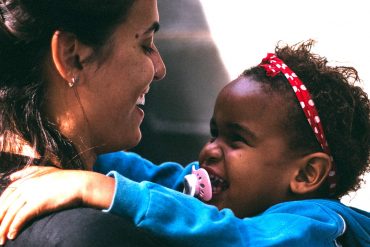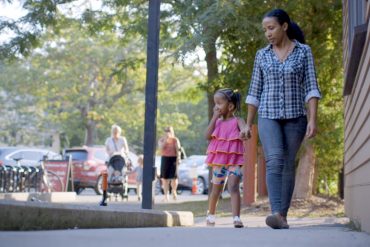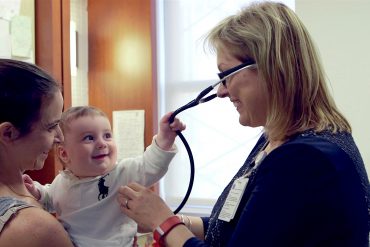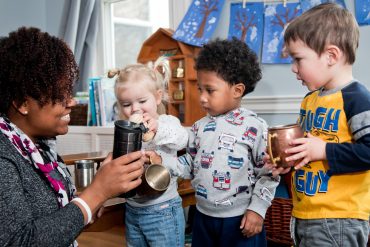Not everyone who comes to America is pursuing the American Dream. Some are in flight from life-threatening crises. Layered on...
7 Reasons to Be Encouraged about the Planet Our Children Are Inheriting
Finding Hope in the U.S. Early Years Climate Action Plan
While climate change is all around us, and the projections are uniformly grim, there have never been so many local,...
A Golden Opportunity for Early Childhood Apprenticeships
Why the Bank Street College of Education Believes the Time Is Right
Apprenticeships are practically as old as civilization, a concept normally associated with trades like blacksmithing and tailoring rather than child...
How often have you looked with pity on parents suffering through a child’s tantrum? Yes, like rubberneckers at a highway crash, it seems like everyone turns around to watch. Don't despair: tantrums are an inevitable part of life with young children. Read more from Ellen Galinsky to explore Executive Function Skills, Autonomy Support and 5 tips for managing tantrums.
First Book, a nonprofit social enterprise focused on furthering educational equity for children ages 0-18 who are growing up in...
The Founding Fathers built competition among the states into our system of government. With 50-plus laboratories for democracy, we’re bound...
“What some may see as a gap,” says Jovanna Archuleta, “that’s not necessarily a gap. We can learn a lot...
For many of us, COVID-19 has completely changed how we work. Remote work might have its advantages for some, but when the kids are out of school and libraries and museums are closed, juggling two roles at once can be a challenge. What is a parent to do? As two developmental psychologists dedicated to understanding how children learn and play, these questions are filling our inbox.
New York City’s Mount Sinai Hospital is one of the nation’s oldest and largest teaching hospitals. They're upping their early childhoold development game with an online curriculum that demonstrates how pediatric residents can promote brain development and help strengthen parent-child relationships within the confines of routine well-child visits
All Our Kin is an innovative national nonprofit leading the effort to transform the U.S. child care system. Launched 24...
Art and Soul: Teaching Zuni Art Across Generations
Zuni Youth Enrichment Project Connects Renowned Artists with Students for Art and Entrepreneurship
On a recent Friday afternoon, student artists at the Zuni Youth Enrichment Project (ZYEP) were busy getting ready for an...
Jackie Counts, director of Kansas University’s Center for Public Partnerships and Research (CPPR), likens the early childhood continuum to the...














